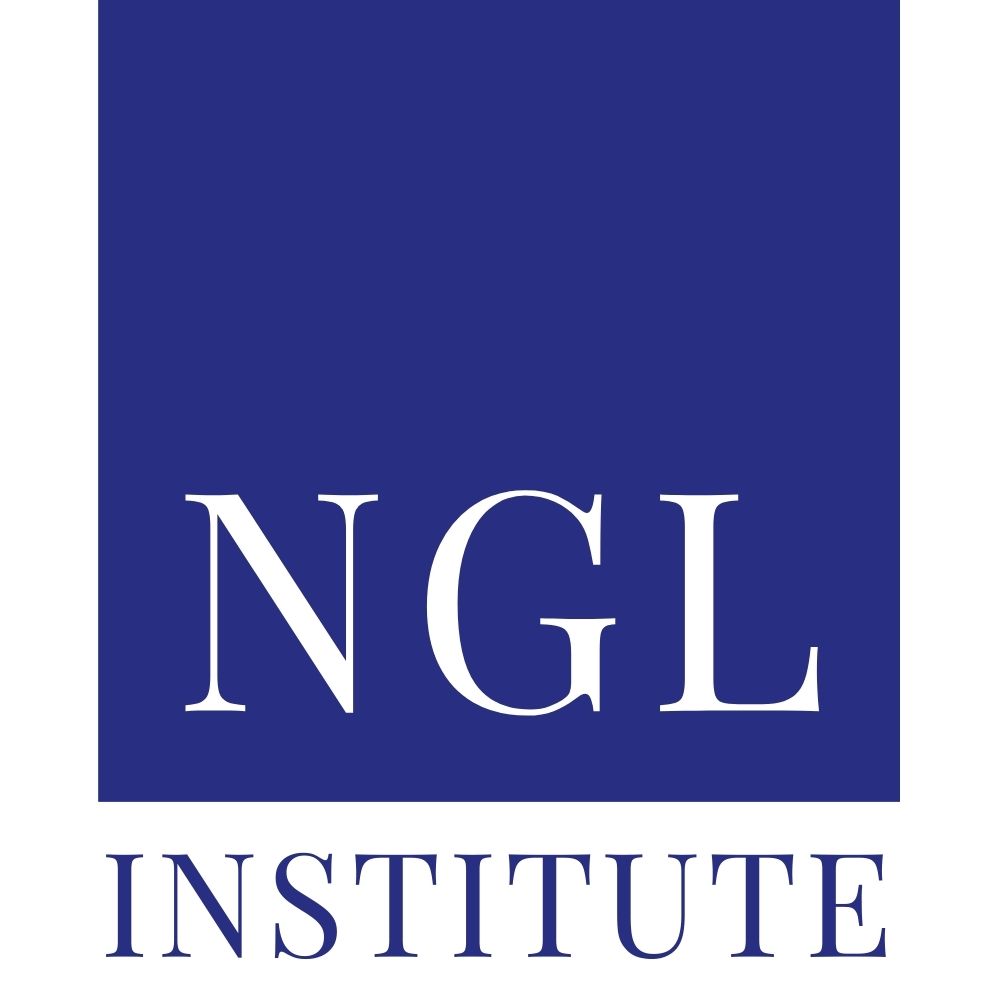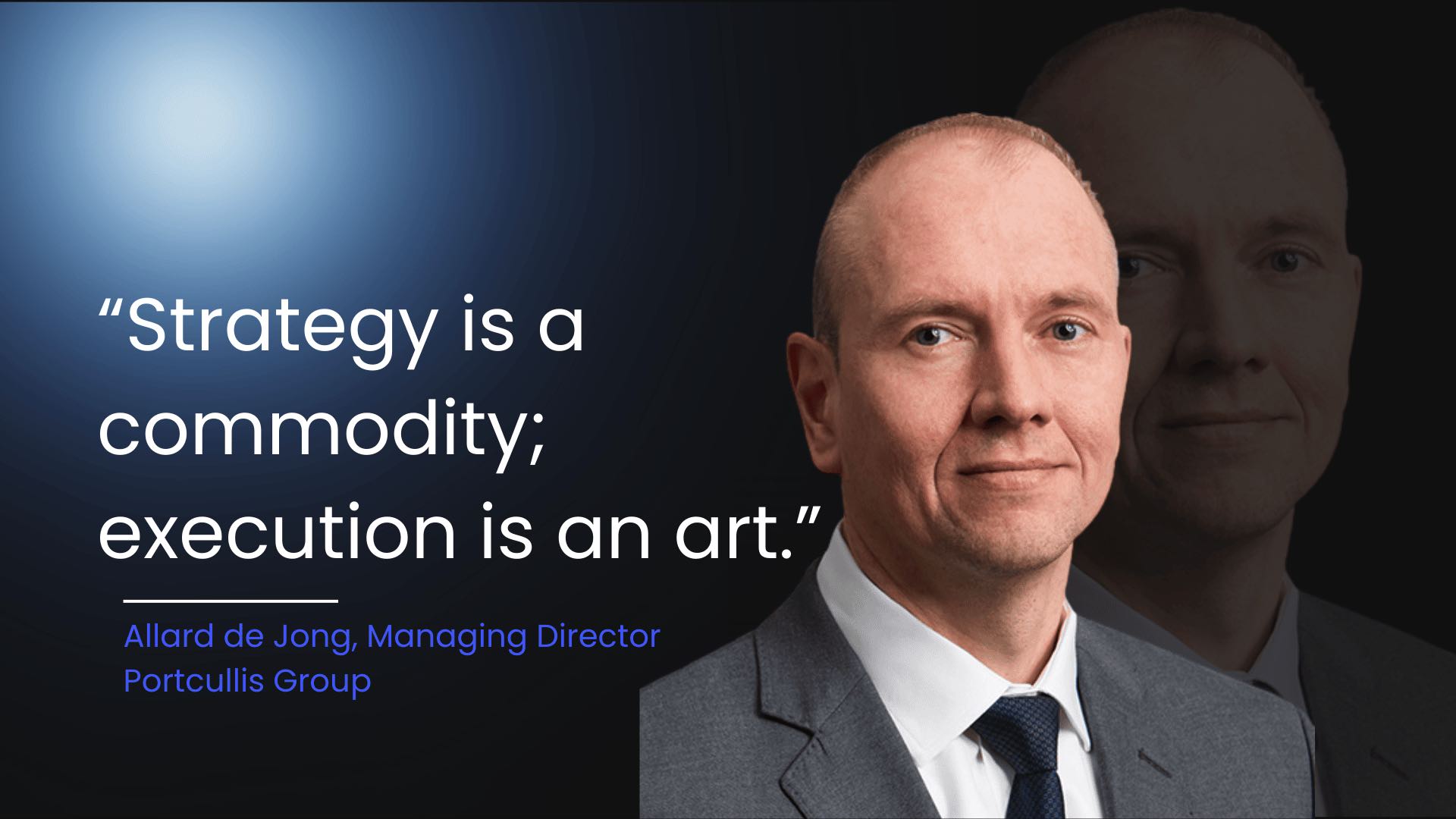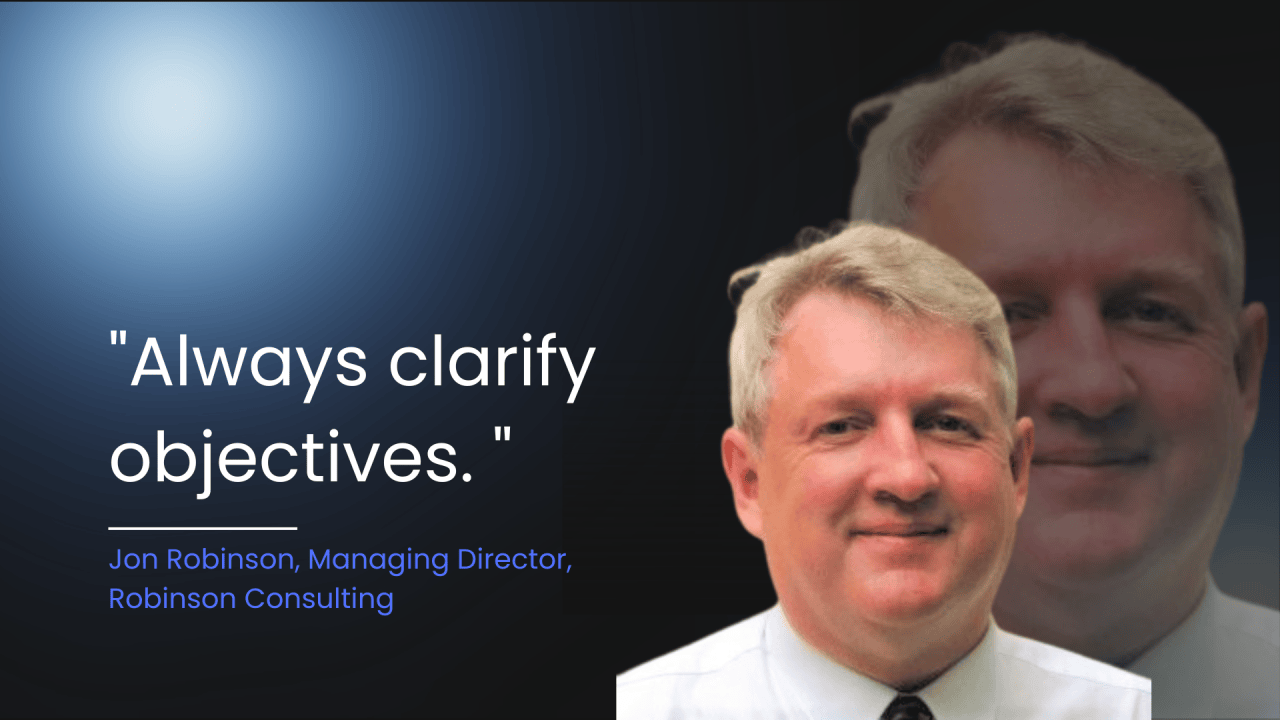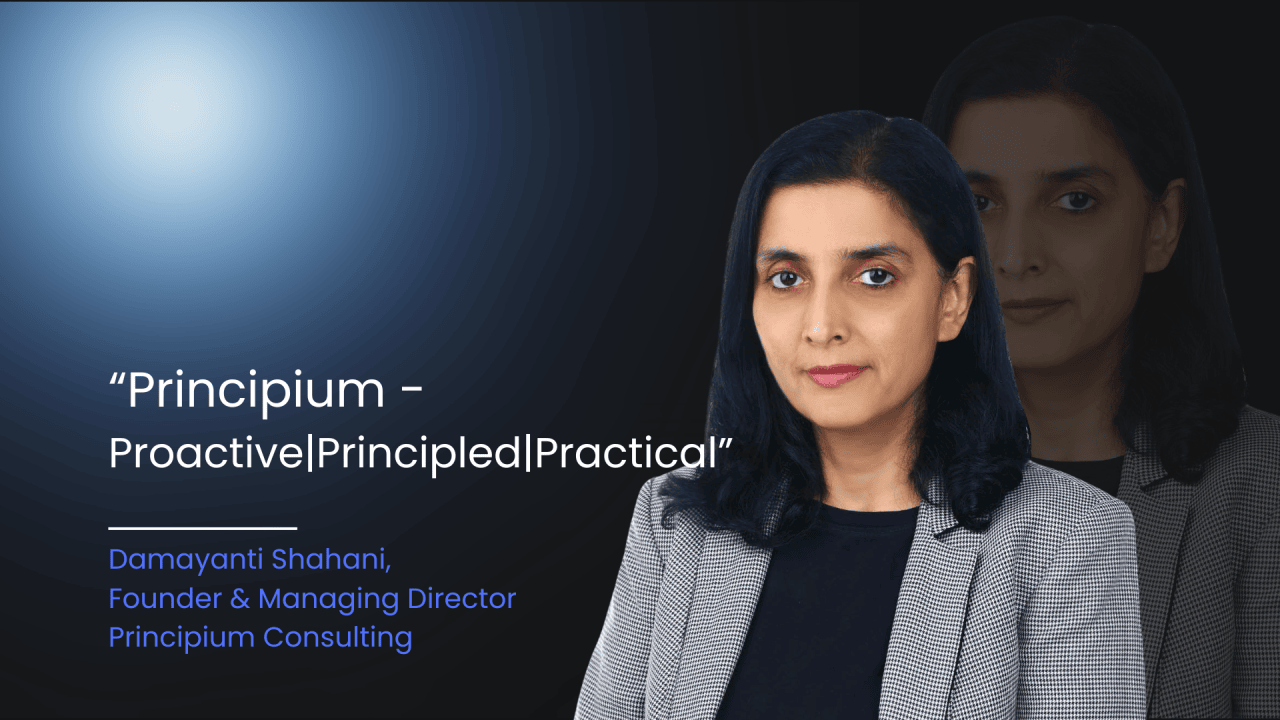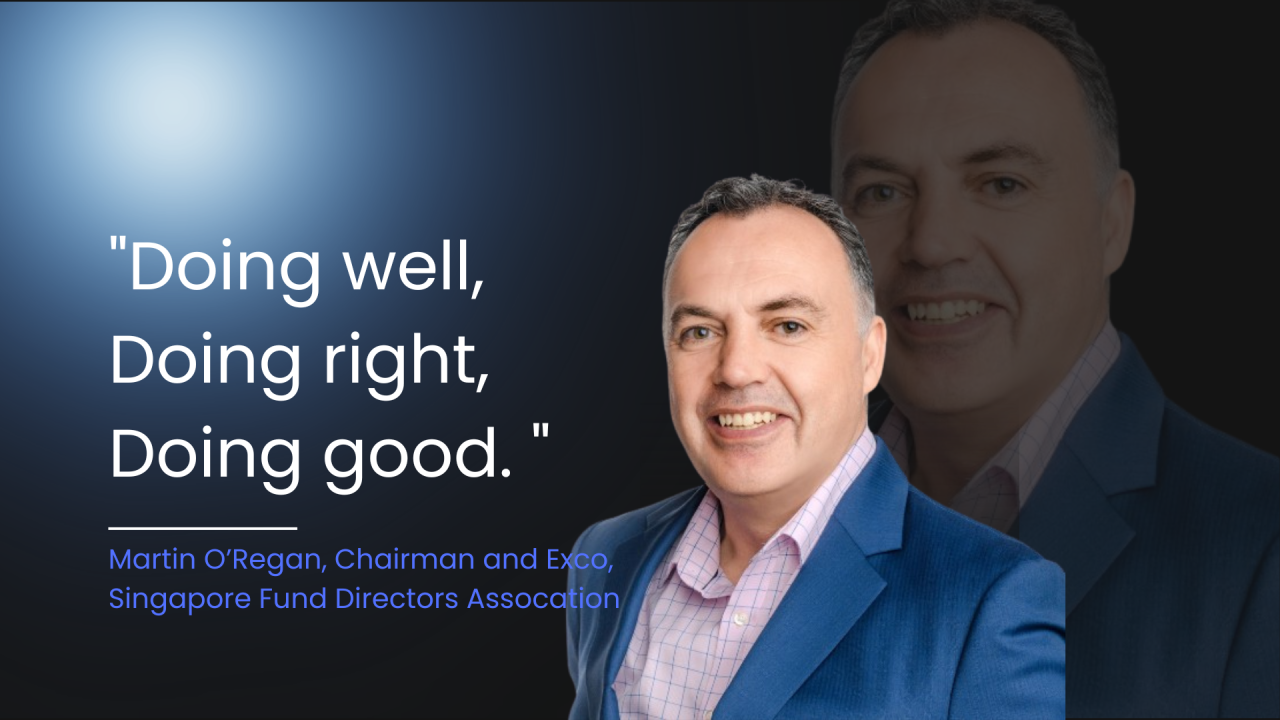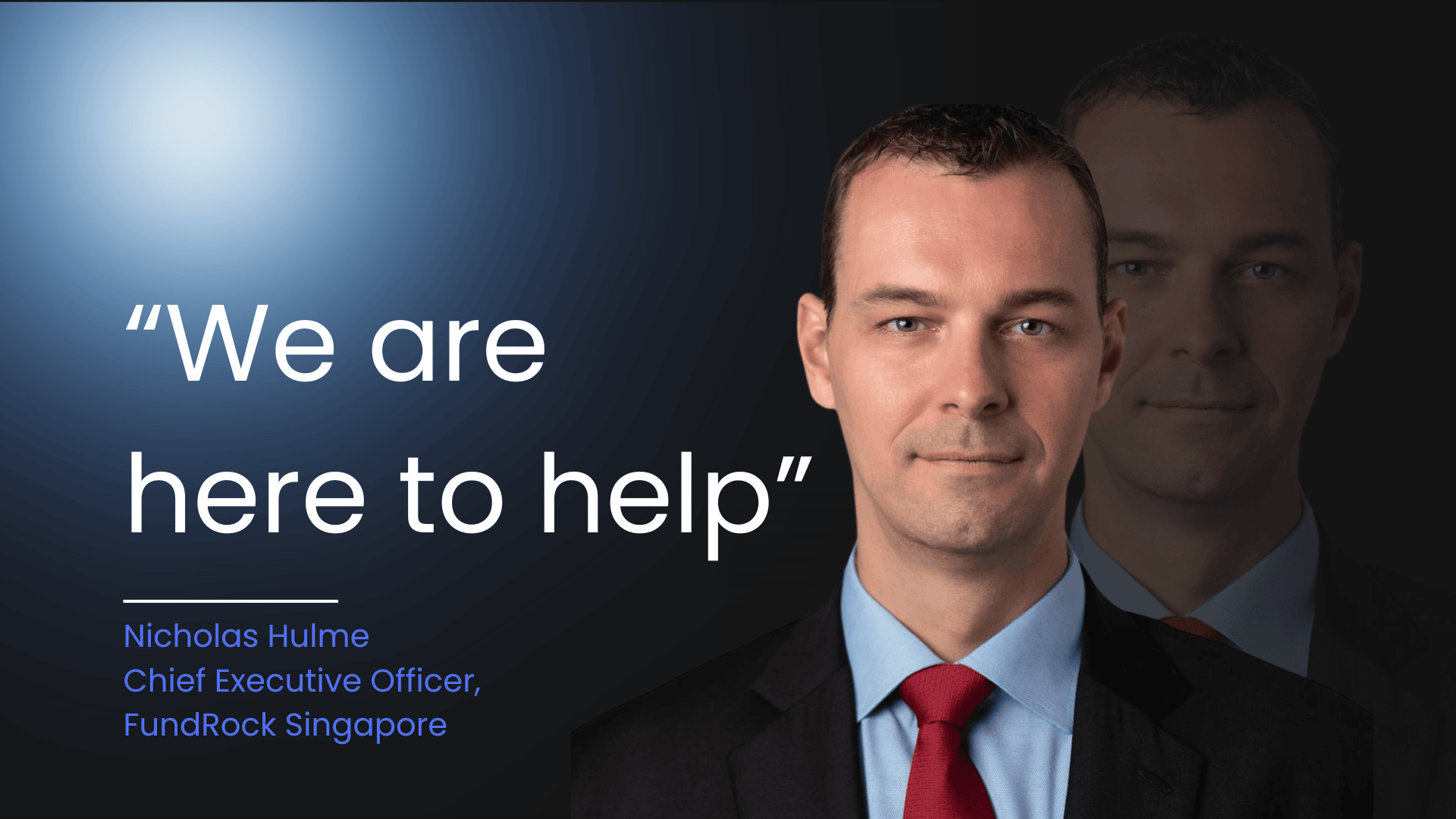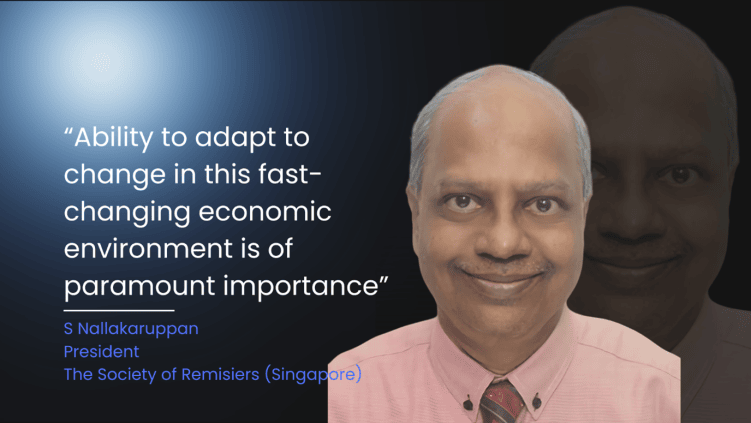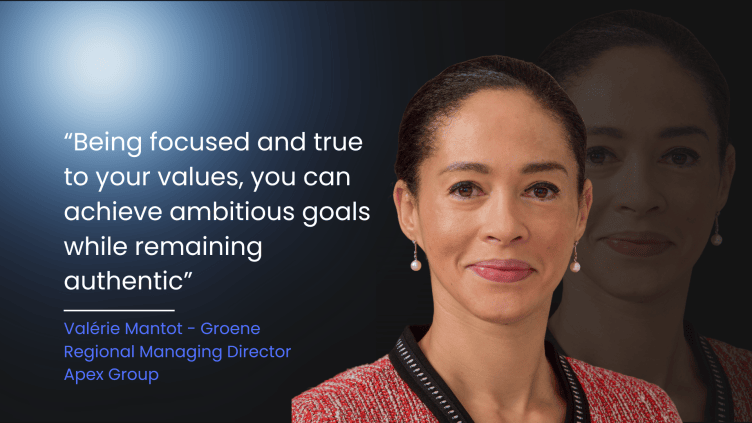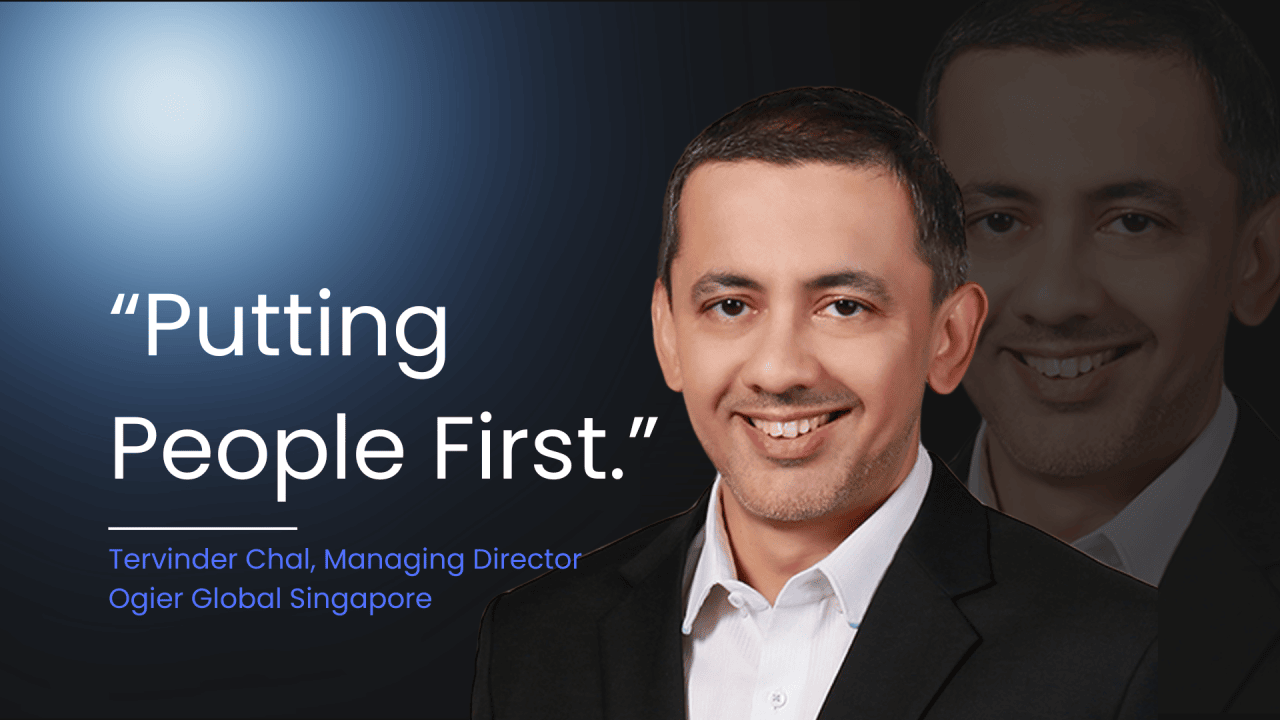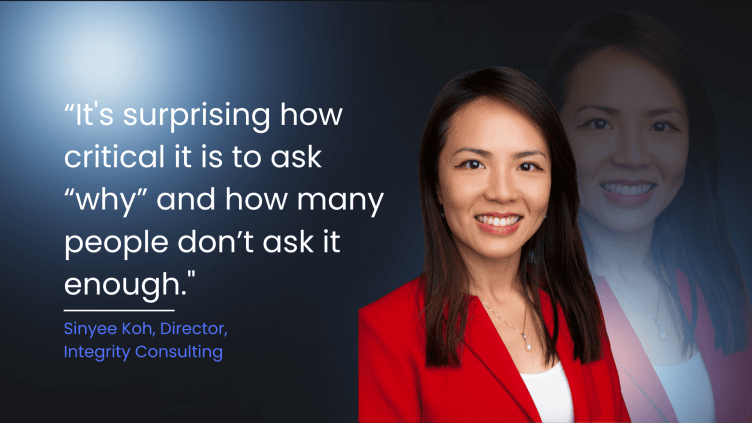Martin O’Regan is Managing Director and founder of SOLAS Fiduciary Services. With over 25 years’ experience and a qualified accountant (CPA, ACCA), Martin’s experience encompasses all aspects of audit, compliance, fiduciary, fund administration and banking services to hedge funds, fund of funds and other alternative investment vehicles – including Private Equity, Venture Capital, Digital Assets, infrastructure funds, property and real estate funds, discretionary and private funds.
Martin has held several senior positions in the financial services industry. Prior to Solas his previous role was with Intertrust Singapore with the mandate to continue the expansion of its fiduciary services in Asia. Prior to joining Intertrust, Martin was based in Hong Kong and Singapore where he was a director and headed the Alternative Funds Services business in Asia for Deutsche Bank. Before this he worked at Citi Fund Services in Bermuda, Apex Fund Services in Dubai and MUFG Fund Services in both Cayman Islands and Hong Kong. Martin began his funds career with BDO Simpson Xavier Chartered Accountants in Ireland.
Martin is licensed as a Director with the Cayman Islands Monetary Authority (CIMA), pursuant to the Directors Registration and Licensing Law, 2014.
The Singapore Fund Directors Association (SFDA) is an industry-driven initiative established to create and support an ecosystem within Singapore’s financial industry for fund directors. SFDA is the fund director’s destination where they will be part of a community peopled by thought leaders, experts and service providers in the fund investment sector from Singapore and beyond. Singapore remains on track to be the financial hub of choice in Asia. The SFDA will augment this position with a membership of fund directors based in Singapore and the region.
Skills Development:
Mike Sim: “As the Chairperson of SFDA, how do you see the association contributing to the ongoing skills development of fund directors in Singapore?”
Martin: we have several key initiatives, being thought leadership, best practise, training, development of competencies and more importantly to grow the pool of independent fund directors in Singapore.
To enhance these initiatives SFDA has issued a Code of Conduct for Fund Directors. Co-developed with industry stakeholders from The Singapore Funds Industry Group (SFIG), a public-private partnership between the Monetary Authority of Singapore (MAS) and funds industry stakeholders, the Code establishes a set of core principles and best practices to promote professionalism, oversight and governance of funds among Singapore fund directors.
The Code of Conduct outlines ten key principles to facilitate decision-making and guidance for directors in their governance and fiduciary obligations. It will also be used as a framework to structure industry-driven training and accreditation programmes that will better prepare fund directors to navigate the operational, regulatory and tax environment, and fulfil their governance obligations effectively.
SFDA’s Fund Directors Certification, which is now available to both SFDA members and non-members, incorporates the key principles of the Code of Conduct in its curriculum. This certification consists of six core modules covering areas such as the roles and responsibilities for fund directors, risk management, controls and fraud mitigation, as well as the licencing and compliance requirements for Variable Capital Companies (VCCs).
Singapore Fund Directors Association’s Code of Conduct
Outlook:
Mike Sim: “In your role, what is your outlook on the evolving landscape of fund director roles in Singapore, and how does SFDA align with this vision?”
Martin: On a global basis, regulators are looking at how they oversee corporate governance and in particular fund directors. In most justifications, fund directors in the non-retail space are non-regulated. There are only guidelines and best practise available, at SFDA we have developed our own guidelines through the code of conduct but have taken it a step further and drafted a discussion paper on what the fund directors’ regulations would look like in Singapore, it includes areas such as competency standards, regulatory oversight, penalties etc. We are in continual consultation with the regulator on this.
Mike Sim: “How does SFDA stay ahead of industry trends to ensure its members are well-prepared for future challenges?”
Martin: We have developed a number of work groups to look at the key trends and issues. Currently we have a team assisting with ESG, digital assets, DEI, family office and training. Each subgroup has its own KPI and initiatives, to develop best practises, trainings and info sessions. We will have industry expert subject matters running these group to make sure our members are well informed and cross-trained.

Lunch with part of the Integrity Consulting team
When my customer asked me to send them my invoice was when somehow, I felt that things would be fine, that the choice to start on my own was a good one.
Mike Sim (MS): Can you share some insights into your experience navigating the regulatory landscape in Singapore’s financial services sector?
Sinyee (SY): I started working in Singapore’s financial sector in 2008 when I joined the Monetary Authority of Singapore. Before that, I practised law in the financial services sectors in Hong Kong and London. So, I’ve had 20 years of experience working in the financial services industry, the last 16 of which was in Singapore.
I see that the pain points and hot spots of Singapore’s financial services sector are always changing. Also, “trends” morph every few years. Certain products, business lines and financial centres rise and fall. Fortunes go through boom and bust. Amid this up and down of markets and activities, regulatory foci and “hot topics” also morph, wax and wane. This is because regulators build regulations to control an area of financial services as it grows so that things don’t get “too big to fail”. I guess that is a simple way of a big word regulators use, called “risk-based regulation”.

Singapore Fund Directors Association Event
Mike Sim: “How do you perceive the changing dynamics of governance responsibilities for fund directors, and how can SFDA support its members in adapting to these changes?”
Martin: We are moving towards a more regulated world than a less regulated one globally. Changes in the market, Changes in the regulators, black swan events, will force us to change. After Enron, Madoff, etc there were new market norms for how the industry performs and behaves that also included corporate governance, we know that after FTX and SVB, there will be changes in governance model in the fund space.
We are going to see more compulsory requirements in governance around areas like ESG, diversity and how they impact fund directors, SFDA is developing initiatives training, best practise around those key areas to better prepare the fund directors.

Ecosystem of Fund Directors in Singapore:
Mike Sim: ” How have successful collaborations or partnerships within SFDA’s ecosystem strengthened the support for fund directors in Singapore, and in your view, how does this ecosystem contribute to the professional and personal growth of its members?”
Martin: Regionally SFDA has developed collaborations and partnerships, with SFIG, with CAIA, with IPI and The Executive Centre. Locally we are developing a reciprocal recognition scheme with the Singapore Institute of Directors (SID). We are also developing a number of collaborations globally in North America, Australia, Cayman Islands, Dublin and Luxembourg. We are discussing training, thought leadership, research, accreditation and reciprocal membership. We are working with these association to look at corporate governance and trends and issues globally.
Impact and Future Plans:
Mike Sim: “Reflecting on SFDA’s impact, what success stories or key achievements are you particularly proud of, and what future plans does SFDA have to further elevate the role of fund directors in Singapore?”
Martin: a couple of key highlights so far, SFDA have launched the Code of conduct, our membership is up 100% year on year since we started, with 133 members till date. We have run our third batch of training for the Fund Directors Certification . 25% of our members have graduated so far, with a further 25% more this year, we are part SFIG, we are one of the 5 associations in financial services in Singapore recognised by the MAS under SFIG. I am on the executive committee of SFIG, where I co-chair the training and competency workgroup.
As for future plans, with the prominence of Singapore becoming the regional financial services hub, there are a lot of professionals coming to Singapore, many of whom are now in a governance capacity. Our mission has always been to be Singapore’s premier body representing fund directors to foster long-term success through advocacy and standards-setting in corporate governance, and professional development for fund directors. We want to really position Singapore as best in class for corporate governance in the region.

Mike Sim with Martin O’regan
Thank you, Martin for taking time to share your insights on SFDA’s Outlook on Evolving Fund Director Roles in Singapore.
Recent Posts
